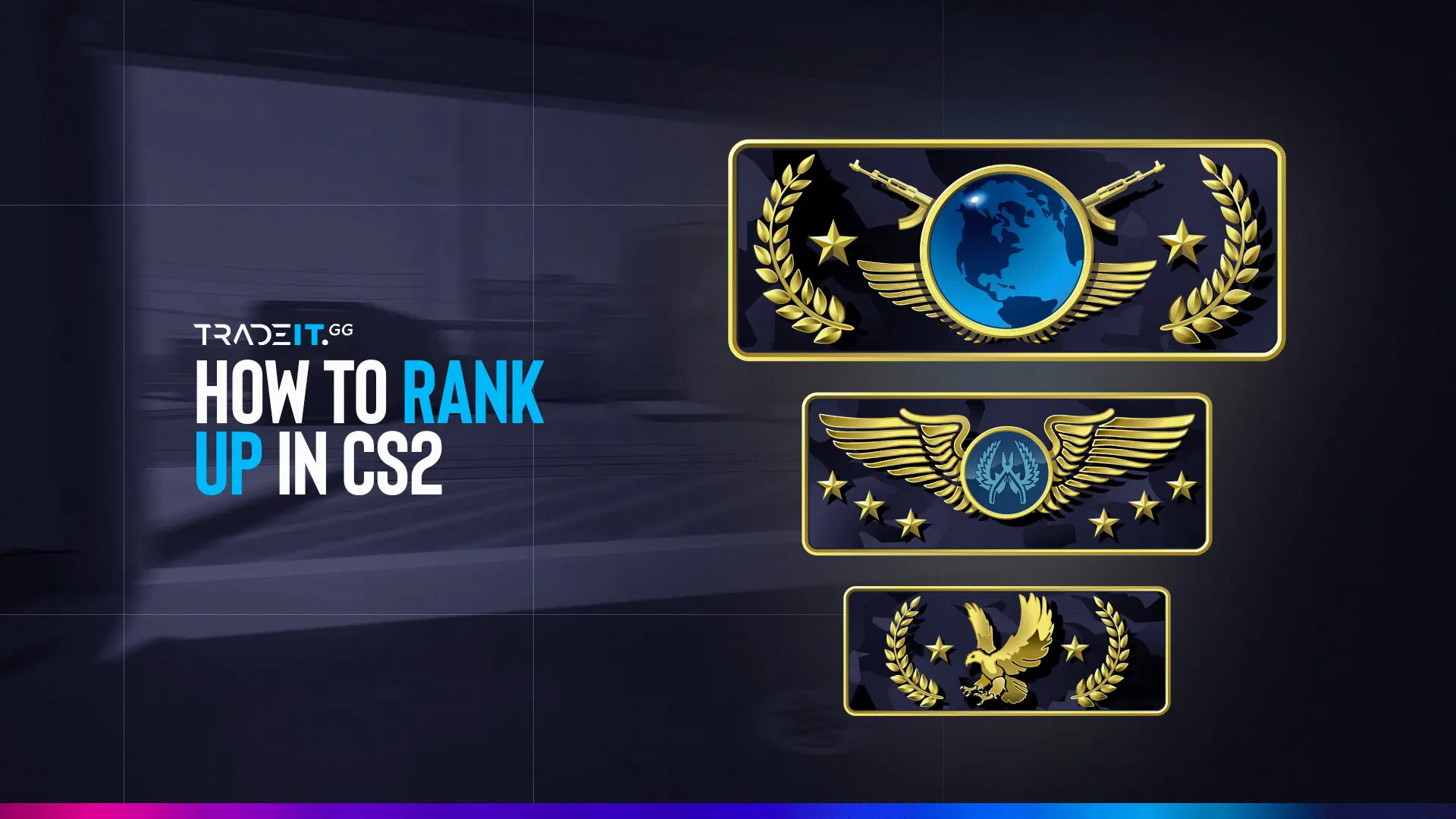Canal Mail Corp: Your Hub for Daily Insights
Explore the latest news, tips, and trends across various topics.
Griefing Penalties in CS2: Play Nice or Pay the Price
Uncover the harsh truths of griefing penalties in CS2. Learn why playing nice is your best strategy or risk facing the consequences!
Understanding Griefing: What Counts as Disruptive Behavior in CS2?
Understanding griefing in CS2 is essential for fostering a positive gaming environment. Griefing can be defined as any behavior that intentionally disrupts the experience for other players. This can include actions like stealing resources, sabotaging teammates, or using game mechanics to harm others without legitimate reason. For instance, players might intentionally block paths, causing their teammates to be unable to engage in gameplay effectively. Understanding what counts as disruptive behavior is key to identifying and addressing these behaviors promptly.
Types of griefing can vary widely, and recognizing them can help mitigate their impact on the gaming community. Common forms include team killing, where a player inflicts harm on their own team, and spawn camping, where players unfairly target opponents immediately after they respawn. Additionally, disruptive actions such as toxic communications or harassment can create an uncomfortable environment for everyone involved. By being aware of these behaviors, players can better promote a respectful and enjoyable gaming experience in CS2.

Counter-Strike is a highly popular first-person shooter (FPS) video game series that pits teams of terrorists against counter-terrorists in various game modes. The latest installment, known as CS2, brings exciting new features and graphics enhancements. Players can now enjoy cs2 controller support, providing a more versatile gaming experience.
Consequences of Griefing: A Comprehensive Guide to Penalties
Griefing, which refers to the act of intentionally annoying or harassing other players in online games, can lead to serious consequences for the perpetrators. Game developers and platforms take this behavior seriously, instituting a range of penalties to maintain a fair and enjoyable gaming environment. These consequences can include bans, where players are permanently or temporarily suspended from the game, and loss of in-game privileges, which can impact one’s standing and progress within the game. Moreover, persistent griefing may lead to account suspensions, resulting in the permanent loss of all in-game assets and purchases.
Beyond in-game penalties, griefing can also have reputational damage for individuals within the gaming community. Players known for griefing may find it challenging to find groups or clans willing to accept them, leading to social isolation and a negative gaming experience. Furthermore, certain platforms may escalate their response by reporting the individual to a wider network of games, resulting in a cross-game enforcement of penalties that can widen the scope of consequences. Understanding the implications of one’s actions is crucial for creating a respectful and enjoyable gaming atmosphere for everyone involved.
How to Report Griefers in CS2: Steps for Maintaining a Positive Gaming Experience
In the world of CS2, encountering griefers can be frustrating and detrimental to your gaming experience. To ensure a positive environment, it's essential to understand the proper steps for reporting these disruptive players. First, recognize the type of behavior that constitutes griefing. This includes actions such as team-killing, intentional sabotaging, or any behavior that undermines your team's success. Once identified, follow these steps to report a griefer:
- Open the in-game menu: Access the settings or gameplay options.
- Select the 'Report' option: Navigate to the appropriate section where you can submit a report.
- Provide specific details: Include the player's username, the nature of the offense, and the time of occurrence to enhance the credibility of your report.
After submitting your report, the next step is to block the griefer to prevent further harassment. You can do this by navigating to their profile and selecting the 'Block' option. Additionally, consider encouraging your teammates to report similar behavior to amplify the message against toxicity in CS2. Maintaining a cooperative atmosphere is crucial, and your actions can contribute significantly to this goal. Remember, reporting griefers is not just about avenging personal grievances; it strengthens the game's community as a whole. Let's work together to create a more enjoyable experience for everyone involved.